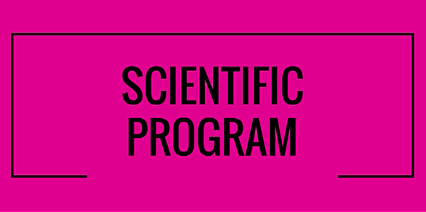
Jahng Hyon Park
Hanyang University, South Korea
Title: Steering Angle Decision and Control for Lane Keeping Using LSTM neural networks
Biography
Biography: Jahng Hyon Park
Abstract
Lane keeping Assistance Systems (LKAS) is one of the advanced driver assistance systems (ADAS) and have used mostly approaches of model based control for lane keeping functions. This kind of method requires precise vehicle dynamic models and they are highly nonlinear and complicated resulting in the complicated process for control design.
In order to alleviate the efforts for modeling, neural networks could be employed for the LKAS. However, since car driving is a highly dynamic, the long short-term memory (LSTM) recurrent neural networks (RNN) is a better candiadate for computing of the steering angle for the lane keeping system. The LSTM RNN prediction model is one of the artificial intelligence techniques that incorporate the time series without having to use the complicated vehicle model.
The input values of LSTM-RNN are the time-series array of the road coefficients obtained by processing the data from the vision sensor and the IMU sensor, and the output of the network is the vehicle steering angle. The actual steering angles obtained during the real road driving by human drivers are used for the network training. The implicit relation between the inputs and output is trained over time. After the LSTM-RNN prediction model is implemented and tained, the performance of the steering angle prediction is tested. The acquired steering angle from the network is given to the steering control system as a reference input. The effectiveness of the newapproach is verified through simulation.
Acknowledment
This work was supported by the Technology Innovation Program (10076338, Fault Detection and Diagnosis for ADAS-Sensors and Hazardous Analysis and Development of Fault Management Strategy) funded By the Ministry of Trade, Industry & Energy (MOTIE, Korea).

